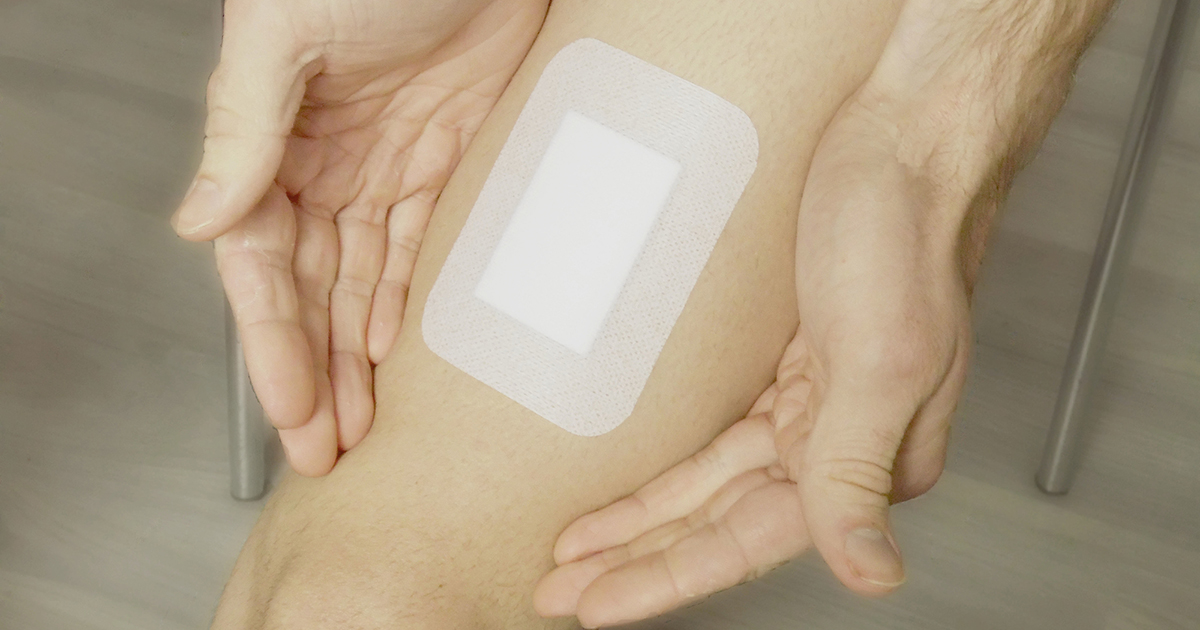How To Treat An Infected Cut
Change Bandages Regularly

To keep wounds clean and dry, doctors recommend bandages. Most patients use adhesive bandage strips for smaller cuts, and sterile gauze pads might be necessary for larger wounds. It is especially important to bandage wounds on the hands, fingers, and feet, as these areas of the body routinely come into contact with dirt and germs. Patients will need to change bandages regularly to prevent (or treat) infection. Currently, doctors recommend changing bandages for all types of cuts at least once a day. Patients should change the bandage earlier if it becomes wet or dirty. If a wound covers a large area, using a sealed bandage can help prevent or reduce scarring. While changing the bandage, patients should examine the wound for any signs of infection, and they may want to apply extra antibiotic cream. Some individuals find it helpful to use liquid bandages instead of adhesive strips, and these should still be reapplied at least once a day.
Get more details on treating a cut now.